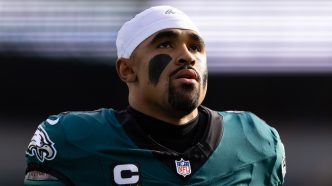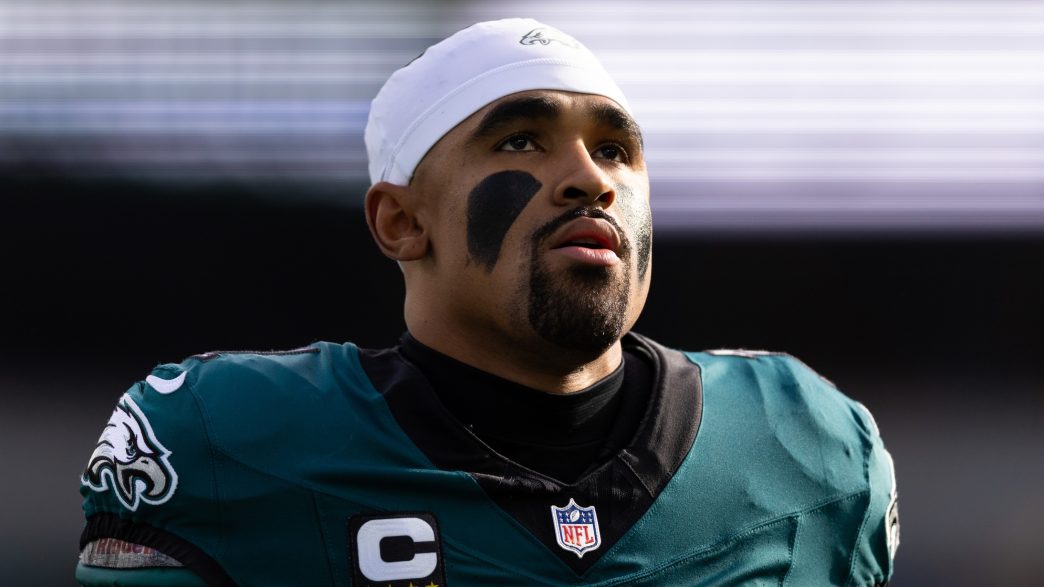Malcolm Jenkins, a Super Bowl champion and a name synonymous with leadership in the NFL, has spoken out in support of Jalen Hurts for choosing to skip the White House ceremony honoring the Eagles’ 2025 Super Bowl victory. This decision, initially framed by Hurts as a matter of “scheduling conflicts,” really speaks volumes about his character, especially highlighted by his quiet stance at the recent Time100 Gala.
In a recent Substack article, Jenkins shared his insights on the impact of Hurts’ choice. He emphasized that if Hurts can navigate the potential backlash stemming from his decision, he could transcend his role as merely an NFL player to become a true leader. Jenkins noted that Hurts’ actions reflect a commitment to his values and the strength of his character, stating, “He solidifies himself as a selfless leader, willing to risk comfort to honor his values.” This kind of integrity is more than just commendable; it positions Hurts as a role model for future generations of athletes, showcasing the importance of standing by one’s principles rather than just chasing applause.
Moreover, Jenkins pointed out that leadership extends beyond just guiding a team on the field; it encompasses engaging with and influencing the broader societal conversation. He believes that Hurts, perhaps unknowingly, has stepped into a critical dialogue that goes beyond football. “Leadership today isn’t just about leading a team,” Jenkins remarked. “It’s about leading a conversation. And Jalen Hurts—whether he realizes it or not—just entered that conversation at the highest level.”
In his article, Jenkins also reflected on Saquon Barkley’s decision to meet with President Trump on the same day as the White House celebration, expressing disappointment but also acknowledging the complex dynamics at play. “Each man has to walk his own path,” he noted, but he highlighted how neutrality can be misconstrued in times of social significance, emphasizing that even silence can make a statement.
Ultimately, Jenkins’ perspective on Hurts captures the essence of what it means to be a leader in today’s world, reminding us that athletes can wield their platforms to foster meaningful dialogue while staying true to their values.








